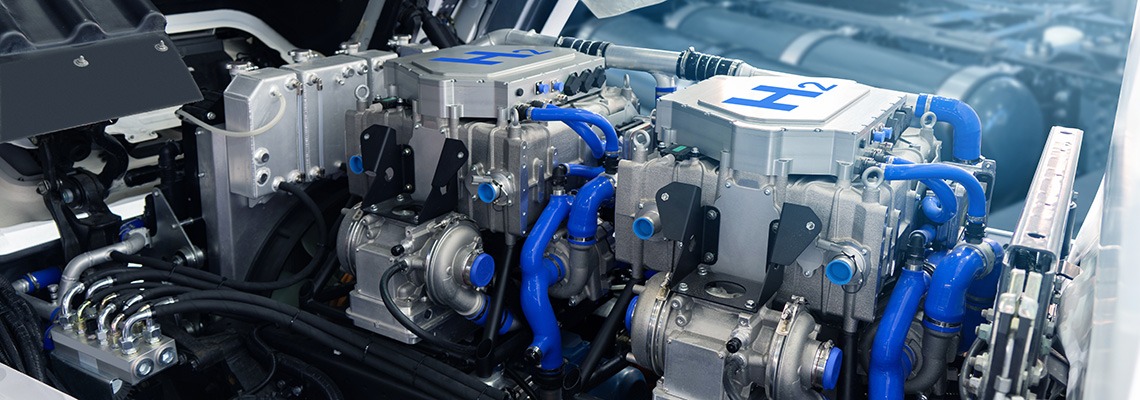Hydrogen Fuel Cell Truck Happenings in Europe

We have heard during the past few years that battery electric commercial trucks will ultimately replace the diesel-powered internal combustion engine for commercial trucks. At some point in the future this might be true for short and regional haul freight carriers, but what about the long-haul heavy truck segment?
Currently, the lack of charging infrastructure, range anxiety and the extreme weights associated with the batteries will be a significant deterrent to mass adoption of long-haul battery electric trucks.






